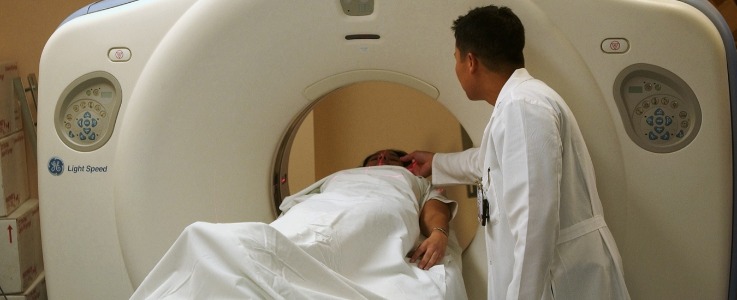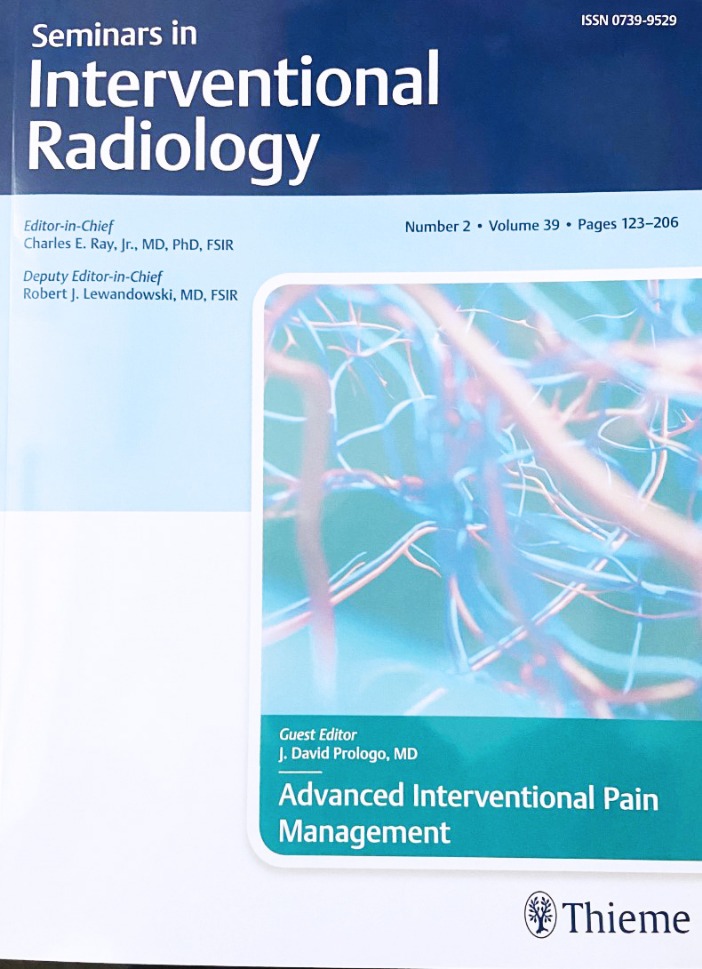Living with chronic pain can be debilitating, affecting every aspect of one’s life. Traditional pain management methods such as medication and physical therapy may not always provide sufficient relief for some patients. This is where interventional pain management comes in.
What is Interventional Pain Management?
Interventional pain management is a specialized branch of medicine that utilizes minimally invasive procedures to target and treat the source of pain directly. These procedures are guided by imaging techniques such as X-rays or ultrasound to ensure precision and accuracy.
Read more about interventional pain here.
Benefits of Interventional Pain Management:
- Provides targeted relief for specific sources of pain
- Minimally invasive procedures with shorter recovery times
- Reduces reliance on medication
- Improves overall quality of life
Common Procedures in Interventional Pain Management:
- Epidural Steroid Injections
- Facet Joint Injections
- Radiofrequency Ablation
- Sacroiliac Joint Injections
FAQs about Interventional Pain Management:
Q: Is interventional pain management suitable for all types of chronic pain?
A:
Q: Are interventional procedures painful?
A:
Interventional pain management offers a ray of hope for those struggling with chronic pain. By targeting the root cause of pain and providing effective relief, patients can regain control of their lives and enjoy improved quality of life.






